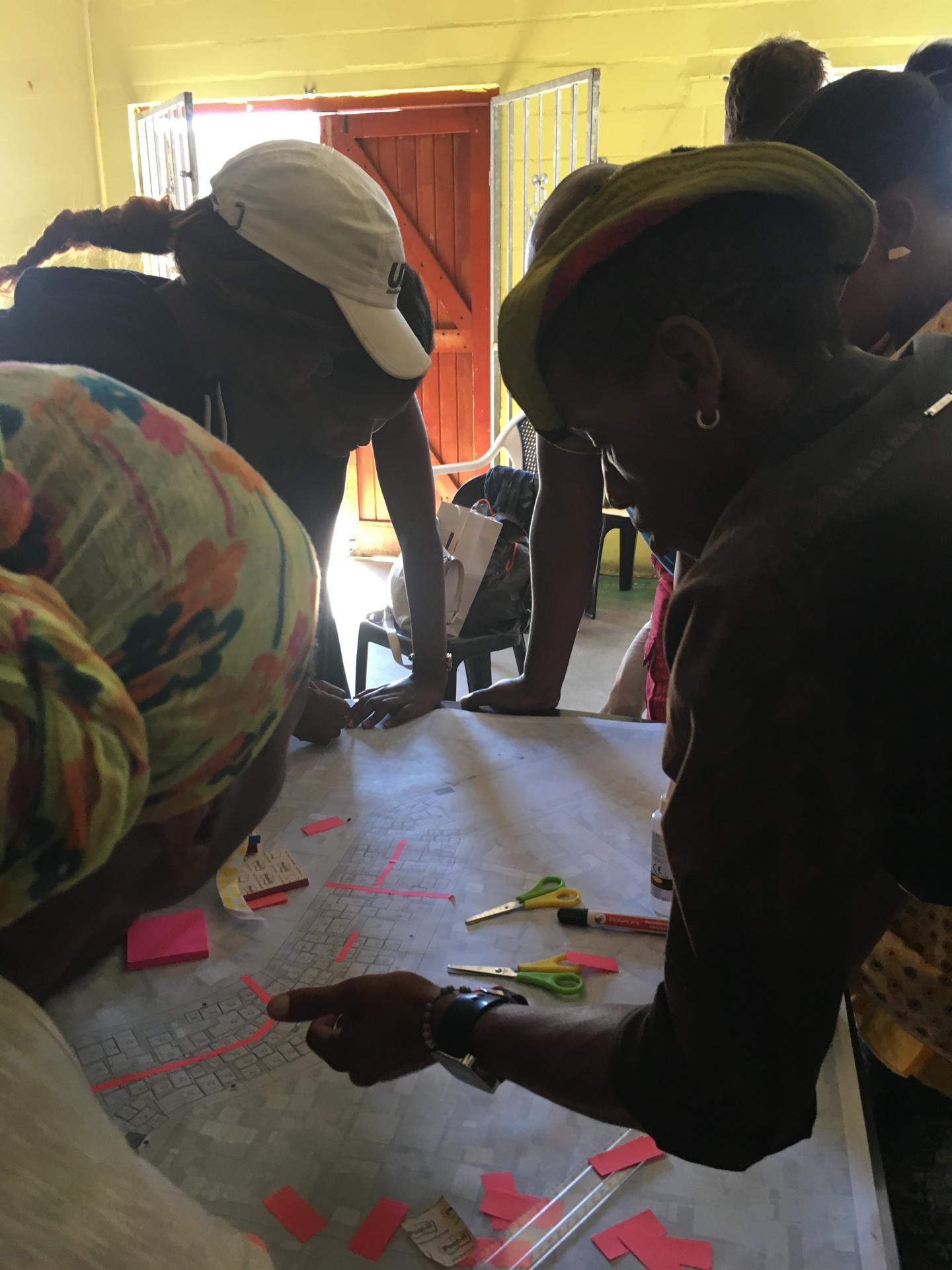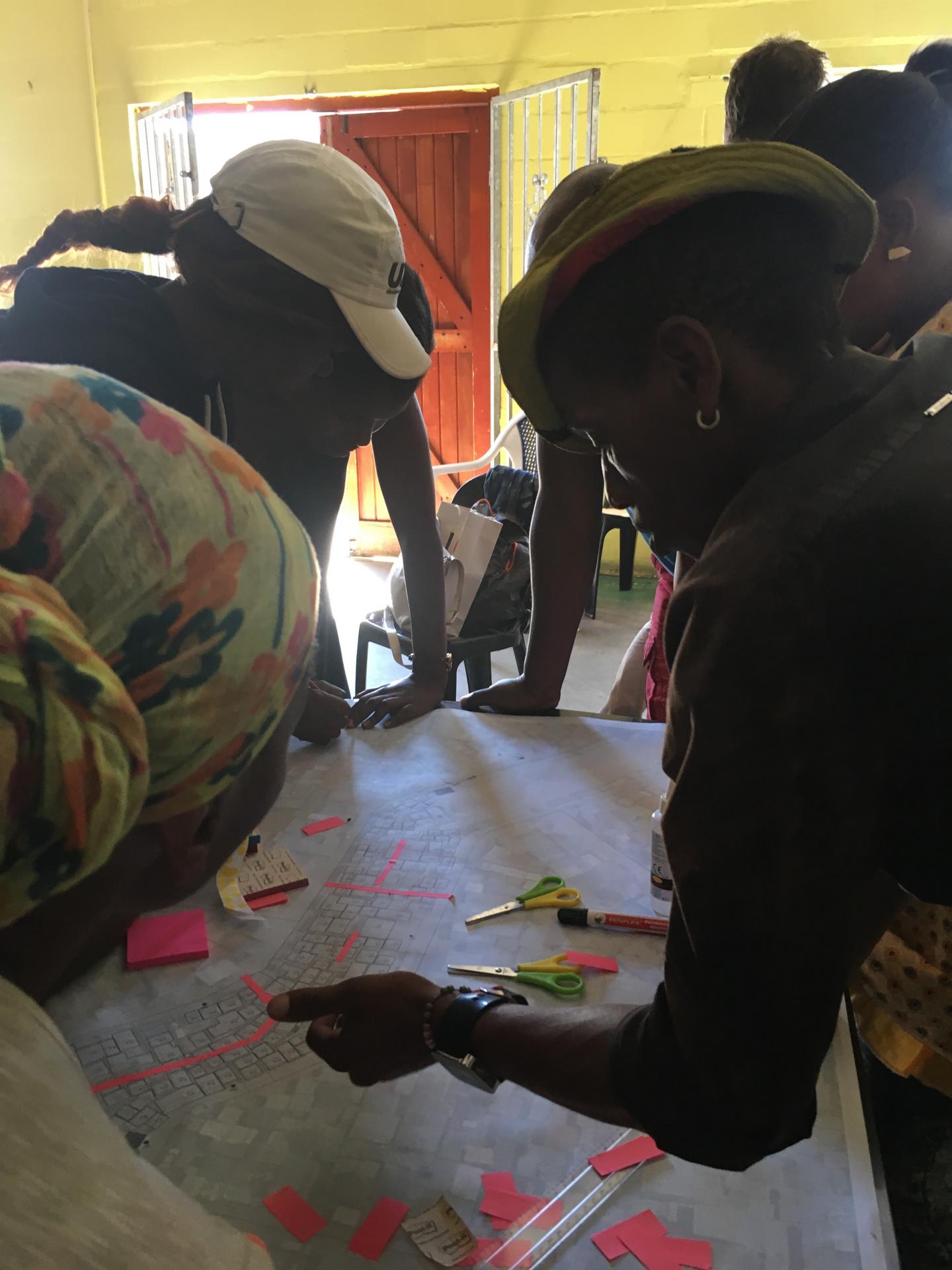
Credit: Shack/Slum Dweller International (SDI), South Africa
New international agreements commit all UN member nations to solving humanity's greatest challenges over the next few decades, from eliminating extreme poverty and unhealthy living conditions to addressing climate change and arresting environmental degradation.
But how we'll achieve these extraordinary goals in such a short amount of time remains a major challenge.
According to a new paper published this week in PNAS, creating a quantitative and systematic understanding of how cities generate wealth and better living conditions for their residents would be a big step forward.
"The processes of human development and economic growth that cities and urbanization typically unleash are the only way we know to generate such monumental change so quickly," says Luís Bettencourt, a professor at the Santa Fe Institute and one of the leading authors of the study. "But we also know that processes of development in cities can create many terrible unintended consequences, including debilitating economic inequality and environmental degradation."
To get a quantitative snapshot of development processes in rapidly urbanizing nations at different scales — from neighborhoods to nations — researchers from the Santa Fe Institute and Arizona State University analyzed neighborhood-level data in several nations in Africa and Latin America.
The authors propose a simple index that can measure progress consistently. In the study, they show how this index captures development priorities expressed in surveys by the residents of 677 slums in 10 nations and can also be measured using data available from census in nations such as Brazil and South Africa. This approach reveals how quantities such as household income, access to basic services, and permanent housing change systematically from city to city and neighborhood to neighborhood.
"When you measure sustainable development systematically, you find that people typically have higher incomes and more access to services in larger cities," says Bettencourt. "You see that large cities nucleate improving living conditions within their nations which then spread to other places. But you also find systematic large inequalities, when you look at it neighborhood by neighborhood."
When the researchers compared index scores across neighborhoods, they found a consistent picture of spatially segregated rich and poor neighborhoods, which appears most pronounced in cities just beginning to climb the development ladder.
"Some inequities are, to a certain extent, inevitable," says Christa Brelsford, the first author of the paper. At the time of the research, she held a postdoctoral fellowship through Arizona State University and the Santa Fe Institute. She is now a Liane Russell fellow at Oak Ridge National Laboratory. "There will always be people and places with access to 'just a little bit more', but we found that the degree of inequity among access to housing and services varies a great deal across different cities."
Brelsford adds that "by directly measuring heterogeneity in infrastructure access, we can provide a general model for how to support more just, equitable, and sustainable development that is consistent with the UN Sustainable Development Goals."
To help solve the main challenges of urban sustainability within our lifetimes, the paper calls for systematic analyses in more cities worldwide, complemented with new data and additional objectives.
The authors believe that such consistent and systematic analyses are now possible and constitute a critical first step toward achieving sustainability objectives set by individual cities, as well as the United Nations' Sustainable Development Goals and the New Urban Agenda.
Read the paper, "The Heterogeneity and Scale of Sustainable Development in Cities," in this week's special feature of PNAS devoted to Sustainability in an Urbanizing Planet.
###
Media Contact
Jenna Marshall
[email protected]
505-946-2798
@sfi_news
http://www.santafe.edu
############
Story Source: Materials provided by Scienmag





